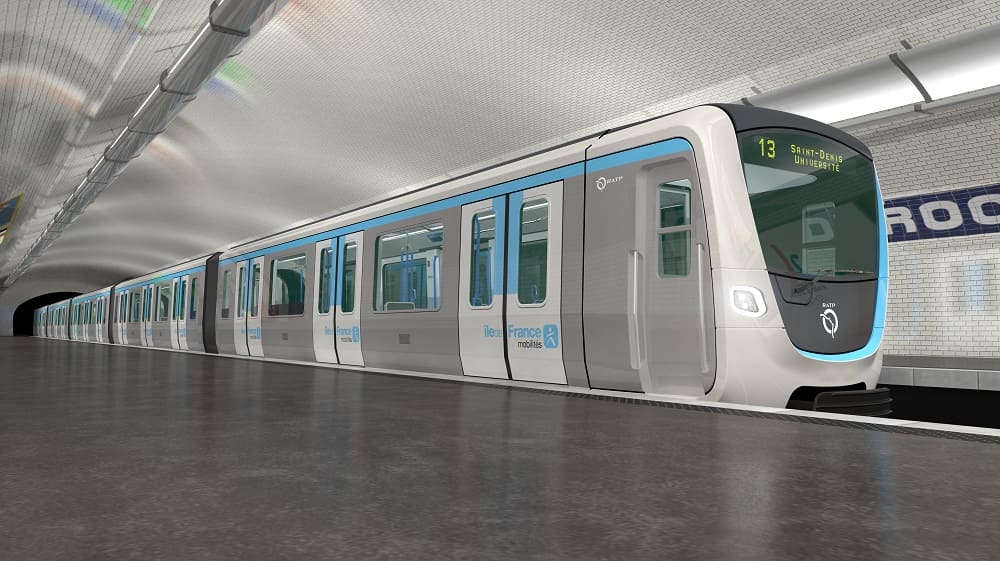France-based Alstom has signed a contract with the Cluj-Napoca City Hall for the development of Cluj-Napoca Metro Line 1 in the Transylvania area of Romania.
This turnkey project forms part of a partnership comprising the civil engineering firms Gulermak and Arcada, with a €1.8bn project value, Alstom has contributed around €400m of that total.
Alstom will be in charge of system integration, signalling and communications, power supply and track work, platform doors, security and control centre, and integrating proven cybersecurity across the metro system.
Using the proven, high-capacity CBTC signalling solution Urbalis, Alstom will establish communications-based train control (CBTC) enabling the highest grade of automation 4 (GoA4) for the first time in Romania.
According to Alstom autonomous railways bring around 30% more passenger capacity, with a 45% reduction in energy consumption.
Gian Luca Erbacci, President of Alstom Europe, emphasised the continued successful presence of Alstom in Romania and highlights how this project aims at transforming mobility in Romania.
“I am extremely proud that Alstom will take part in the construction of the Cluj-Napoca Metro. It is another milestone in Alstom’s long-standing presence and expertise in Romania,” said Erbacci
“This is a very ambitious and innovative infrastructure project for the country. Cluj-Napoca Metro is one of the biggest turnkey projects in Europe, covering a solid portfolio of signalling and infrastructure solutions that showcase Alstom’s leadership in sustainable urban mobility”.
Alstom has previously indicated that it believes “the future of rail is automated” citing expertise with more than 50 autonomous operating systems since the 1970s.
Additionally, the company’s past autonomous experience has been established in several nations around Europe, including France, where they received a €430m contract from the Métropole Aix-Marseille-Provence to refurbish and automate the Marseille metro.
Erbacci added, “The project provides an exciting opportunity to innovate in the Romanian market with the driverless metro – our international track record gives us the unique expertise needed for such a pioneering project”.
The National Recovery and Resilience Plan (NRRP) of Romania will provide funding for the first phase, which will be finished in 4 years and span slightly over 9km with 9 stops and an above-ground depot.


































